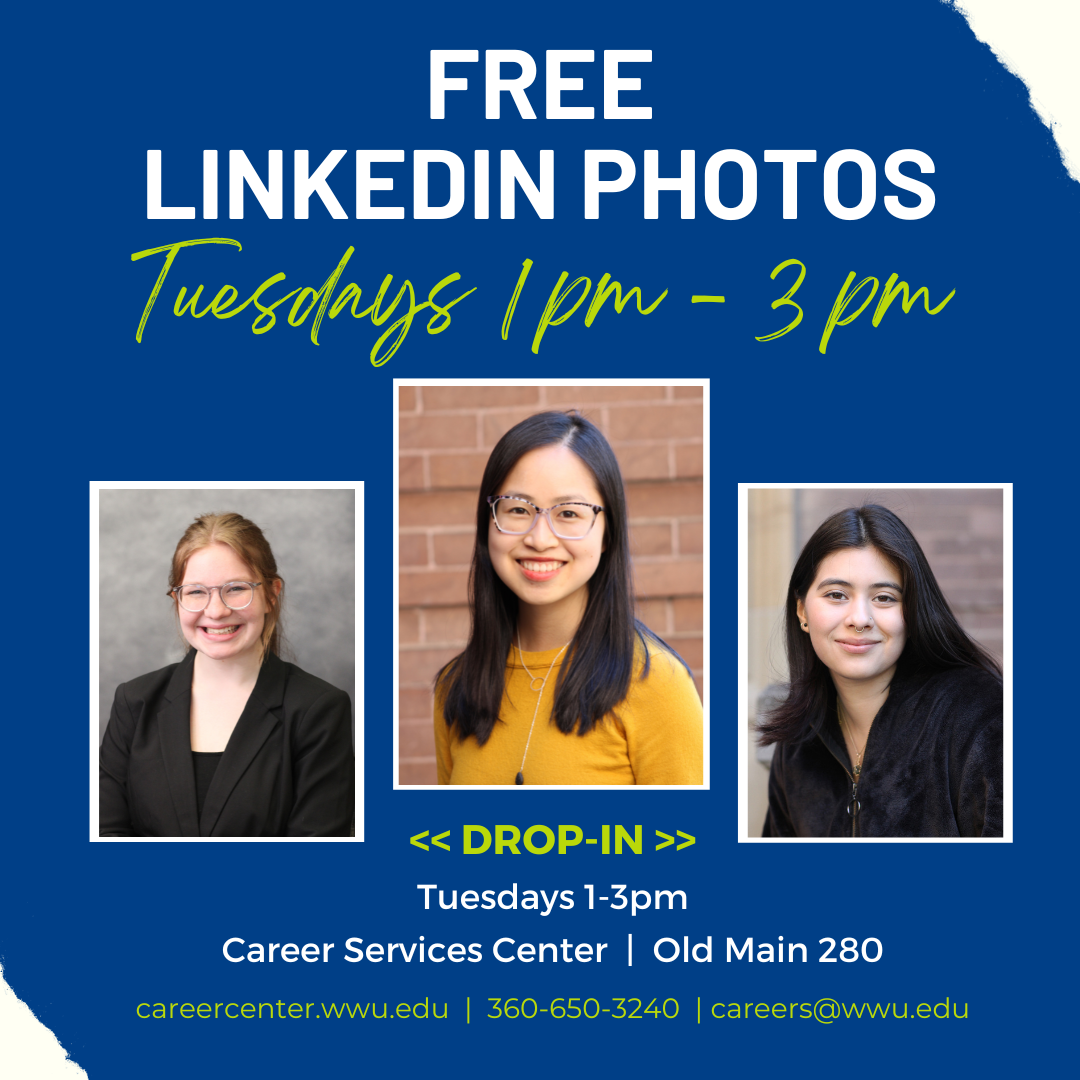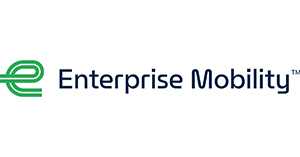Home
We welcome students and alumni of all identities and experiences. We are here to support and empower you,
wherever you are in your career journey, with a wide variety of resources, programs, and tools.
Featured
Become a Peer Advisor!
Priority deadline is Monday, April 15th, 2024. Applications received after that will be considered until the position is filled.

All Industries Career and Internship Fair
Thursday, April 18th from 12 - 4:00 p.m.
Wade King Student Rec Center | MAC Gym
Free for all students and alumni
Learn about jobs and internships
Explore options to use your major

Make the Most of your World. Lunch and Learn Session
Tuesday, April 23, 12-1pm, in VU 735 (Multicultural Center)
Angelena Castro, the Regional Peace Corps Recruiter will discuss Peace Corps and share about her service experience in the Dominican Republic. Discover the unique challenges and rewards of service alongside a community overseas. Ask questions about service and gain tips for authentic engagement with a community abroad. Pizza will be served!
WWU is an equal opportunity institution. For disability accommodation, please contact 360-650-7544 or ige@wwu.edu.

Free LinkedIn Photos
Drop-in for a Free LinkedIn Photo Session on Tuesdays between 1-3:00 P.M.* (first come, first serve).
* Please note that some dates have alternative times, so be sure to check the webpage for the most up to date information.
Upcoming Workshops and Career Fairs
FEATURED RESOURCES
THANK YOU TO OUR EMPLOYER PARTNERS
TAQUOMA LEVEL



PAHTOE LEVEL






